
Do I need to Pack a Bag for this Journey?
I’ve been reminiscing about some of my most intimate relationships recently. Those with the celestial realm. The Angels. The Mothers.

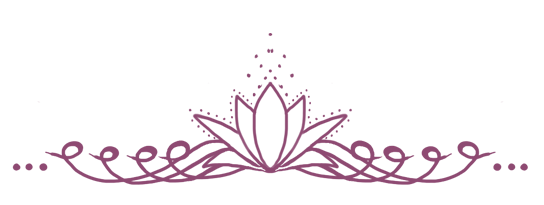
I’ve been exploring the fluidity of gender in recent years.
Trying to wrap my binary trained mind around gender as a moving target with changing terminology and variety in visual appearance of my fellow humans. I identify as a female, heterosexual and use the pronouns she and her. Growing up in the 60s and coming of age in the 70s and 80s, I was comfortable in the world that identified males as males and females as females.
Perhaps I considered gender somewhat within the variations of sexual orientation of my friends and colleagues.
Yet this was still within the binary identification of my male friends with boyfriends, my female colleagues with girlfriends, or those who preferred a bit of both. This was an acceptable part of my life and continues to be without any need to “wrap my mind” about preference in sexual partners, legal or otherwise.
Reflecting further, I realize I’ve had many a thought, conversation, exploration, and discovery about the nature of the feminine and masculine characteristics within myself and others.
Noticing how the societal or cultural influence on what is deemed feminine or masculine has infiltrated all aspects of our lives. Including how these fluid characteristics have been made rigid within a two choice system of descriptors.
Gender fluidity is confusing for many, not only those of my generation, especially when you’ve been raised in culture with two choice descriptors embedded in language, belief, expectation, media, and appearance. Including all the restrictions or prohibitions of same sex or gender fluid representation in culture, religion, and societal institutions. I recall my first introduction to people sharing their pronouns. It surprised me and open my eyes and mind to an experience of life that I’d been blind to previously.
Curious and a bit confused, I sought understanding. I bought some books, watched some videos, and spoke with a lot of people.
I explored the labels embedded within the the ever expanding LGBTQ2+ descriptor. I learned to honor the pronouns used by those around me even when I was tripping over “they” or forgot to change “she” to “he.” I learned a bit, got better at my gender fluid speak, and realized there was so much I didn’t know.
Perhaps if you’d been exposed to a language that was trinary (yes/no/maybe) instead of binary (yes/no), like some tribes near Lake Titicaca in Peru and Bolivia, all types of fluidity would be easier. Or lived within the indigenous cultures where some members of the tribe were known as “two spirit” who embodied both masculine and feminine characteristics.
Yet for me, I’m still undoing a lifetime of conditioning within a binary descriptor system about gender.
There’s a lot going on in our world that’s really hard and really human, and it affects all of us. Not only families who face teens or parents who are shifting gender identity, appearance, sexual orientation, and/or embrace fluidity in many arenas. These changes have people bumping up against their own conditioned upbringing which holds a complex continuum of rigid to fluid beliefs about the nature of how a human should be a human.
Recently attending the theatre in New York City, I read in the Playbill about anti-drag and anti-trans legislations which would ban or severely limit drag shows in Tennessee and being considered in other states.
Lawmakers and commentators identify the real intent beyond such law is regulation of the trans and non-binary populations.
Not only would theatre productions be severely affected, but actors would be banned, persecuted, or harmed because others (influencing legislators) feel they shouldn’t have the legal right to express their gender fluidity. Or as one actor so poignantly stated, “… because they don’t think I have the right to exist.”
My research has led me down some dark rabbit holes of humans harming humans, so familiar to the history of this country and around the world.
You may not agree with my intent to explore my personal constraints of understanding fluidity in gender, sexual, and human identity within the complexity of modern societal forces. To become more open, accepting, and supportive of people who identify, express, and love differently than I do.
That’s your business and your responsibility as to how you define yourself and your world view, and live accordingly.
I’m just wondering how to honor people’s choice to identify themselves in a way that feels true to themselves. Whether it be gay, bi, gender fluid, queer, two spirit, intersex, questioning, or asexual. My wondering extends to accepting people’s right to define for themselves their political party, religious identification, race or class identification, professional occupation, cultural background, sport team affiliation, and any other of the myriad of descriptors used to imperfectly capture the complexity of the human being.
You catch my drift. But to be clear, this is my exploration. I’m not suggesting any set (rigid) path for your own exploration or even that you jump on that path.
Of course I have an opinion about that. I think it would be great if everyone held a true desire to understand and look very deeply past the labels, roles, visuals, actions, judgments and lifelong societal/cultural conditioning of all types of “identification.” I think we’d be a more conscious society if we all had the capacity for such introspection, and likely a lot more likely to be kind and not harm those we deem “wrong.”
Yet if I get on my soapbox about that, aren’t I just telling you what my “legislation” is and perhaps even pressuring you to vote for it?
So, where does that leave you, especially if you recognize that you’re part of a human family?
I hope it leads you to ask yourself some questions. Is every member of society deserving of respect, the freedom to choose, the right to love who they want, and identify as they will? Do you fight those who oppose you with hate, judgement, and a desire to force them to live in your view of the world? Do you stay quiet and let others trample on life, health, and psyches? Do you love, accept, forgive, and seek understanding? Do you educate, volunteer, engage your inner activist, or vote with your voice, money, and presence for change? Do you turn away with a hardened heart against those who confuse, disturb, and frighten your status quo?
You’re part of a human family. Living and breathing together within the ecosystem of the planet. It’s a troubled family living within a troubled ecosystem.
Maybe you begin there. Accepting you live in troubling times with a family who is a bit of a mess. Maybe there is something you don’t yet understand but are willing to explore. (And not just in the realm of gender identification.) Exploring the way to peace within your own thoughts, words, deeds, and relationships.
And then, perhaps, that peace might just flow out a wee bit into this creative, beautiful mess of humanity.
Peace be with you and with all. No exceptions.
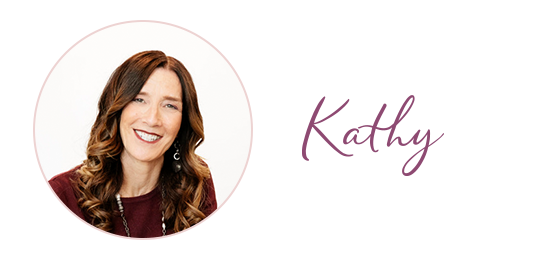

I have fond memories of the exposure to theatre as a child, teen, and adult. With no desire to be on stage myself, I’ve relished in the genius creativity flowing through all stories on stage. I saw a billboard in Philadelphia announcing a new play, Mrs. Doubtfire (Tootsie), arriving soon. That got me thinking. If anti-drag legislature passed in every state, would future generations never see this show? Or Peter Pan, Hairspray, and Victor/Victoria? How would this end the University of Pennsylvania’s tradition of the Mask and Wig productions where all parts are played by me? Or my college favorite, that legendary parody, Rocky Horror Picture Show? Perhaps some food for thought and not such HeartWarming News.
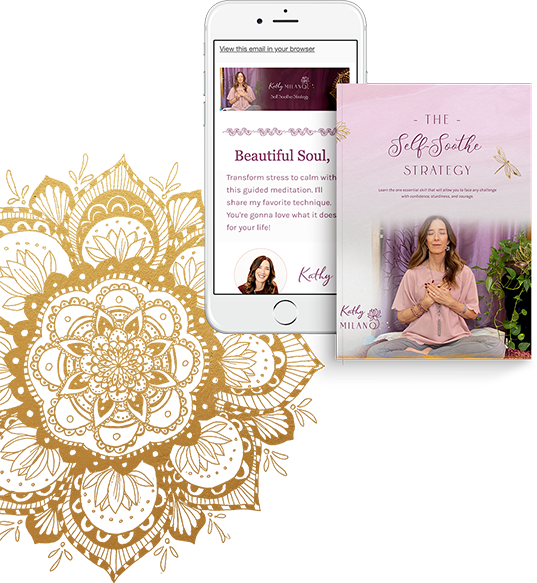

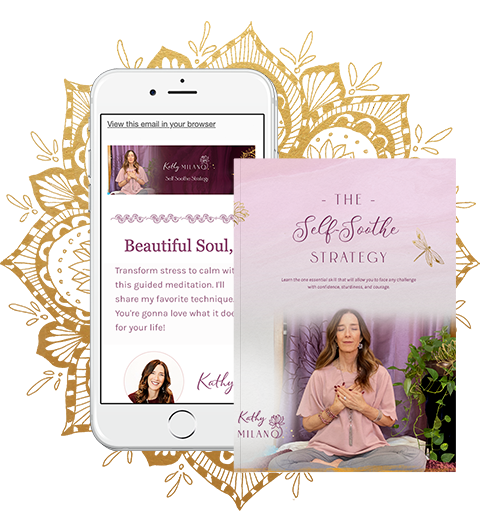
Learn the one essential skill that allows you to face any challenge with confidence, sturdiness, and inner calm.
More than a technique. It’s a game changer.


I’ve been reminiscing about some of my most intimate relationships recently. Those with the celestial realm. The Angels. The Mothers.


Instagram disturbs me. That is, when it is not amazing me. My mind has been blown again and again by the most creative works of art on the planet.

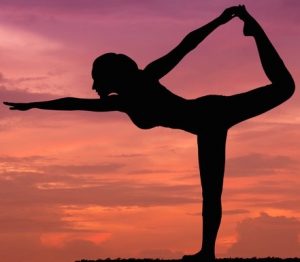
“I had a near death experience in yoga today.” This was the text I sent my daughter after my first experience in the Heated Flow Yoga class at my new gym.


I’ve awakened the desire to go hiking and spend more time exploring the trails. My husband downloaded a hiking app and we chose our 5 mile hike.

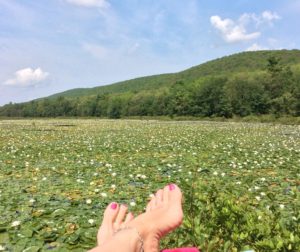
Summers are my happy time being a warm weather creature. The comfort of warmer weather, longer days, and slower pace are soothing to my soul.

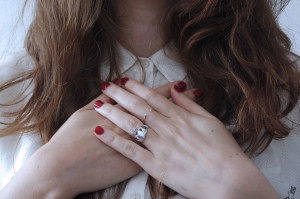
I brought dessert to the deck where my family was gathered under the night sky in the mountains. Something prodded me to check my email.

We use cookies to ensure that we give you the best experience on our website.